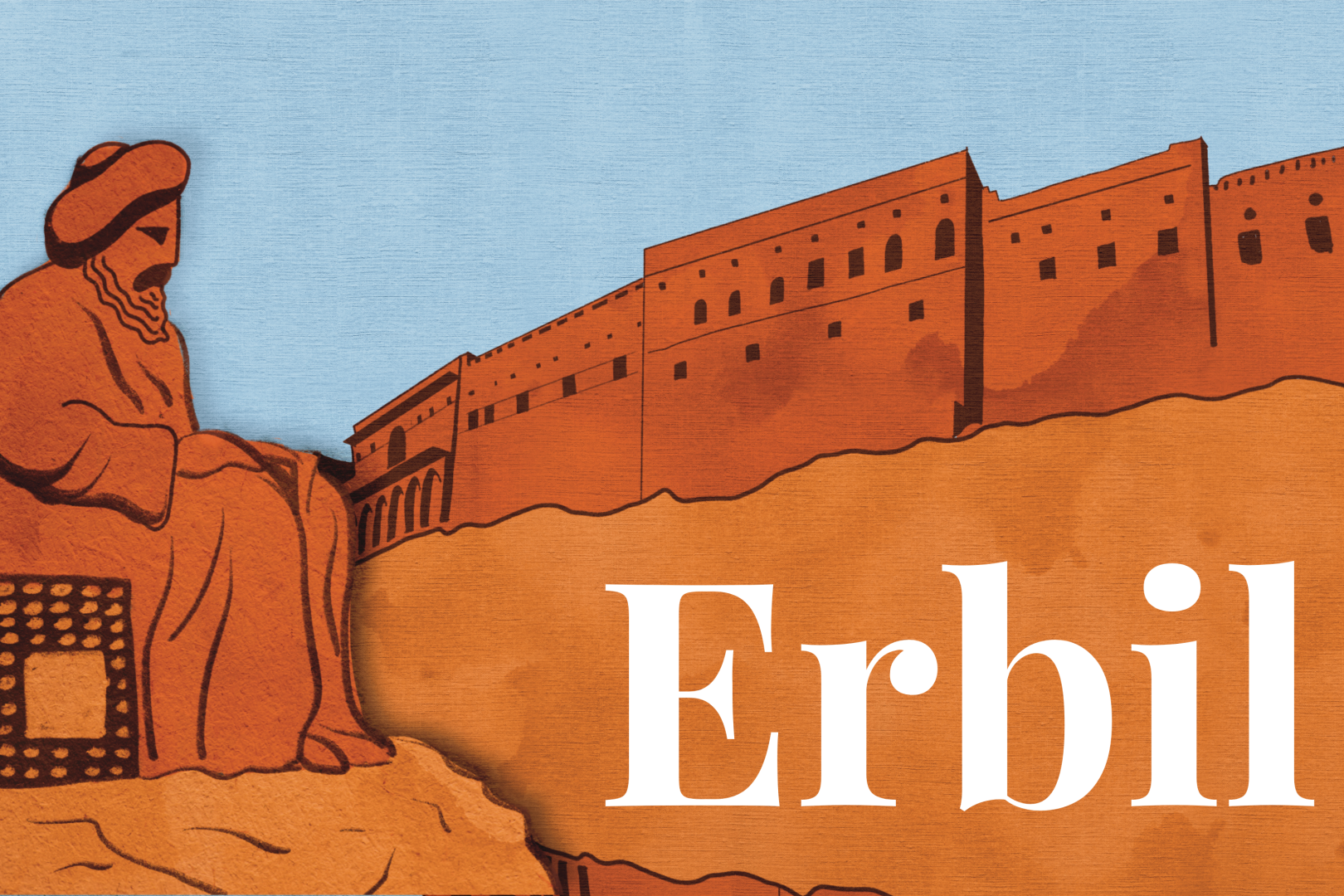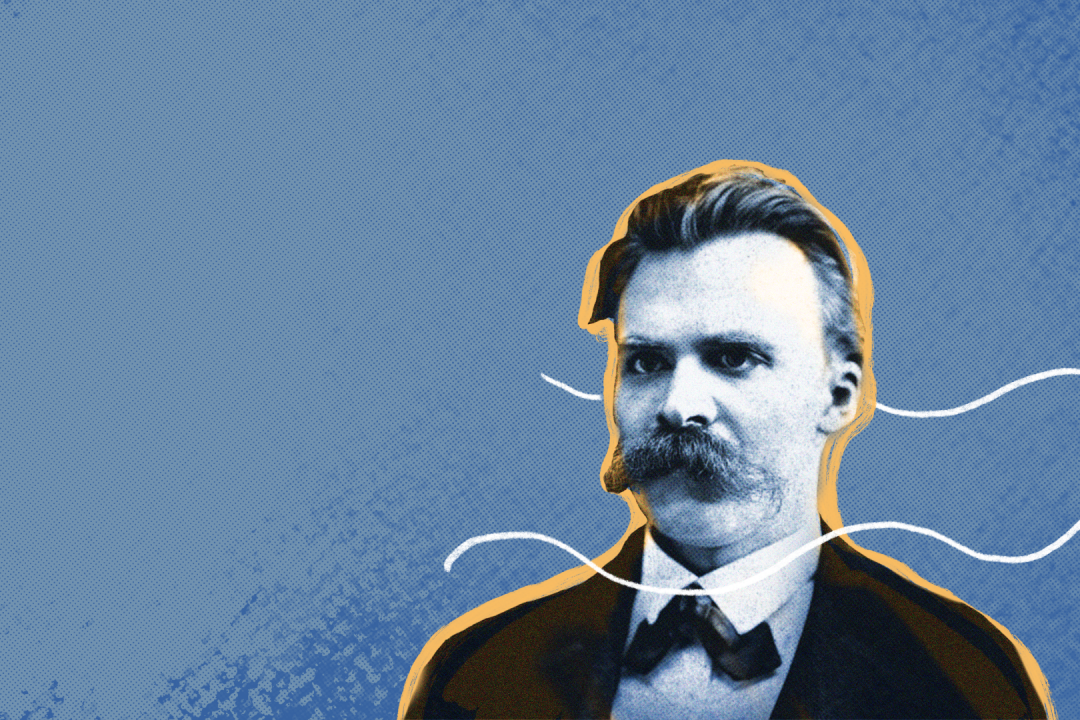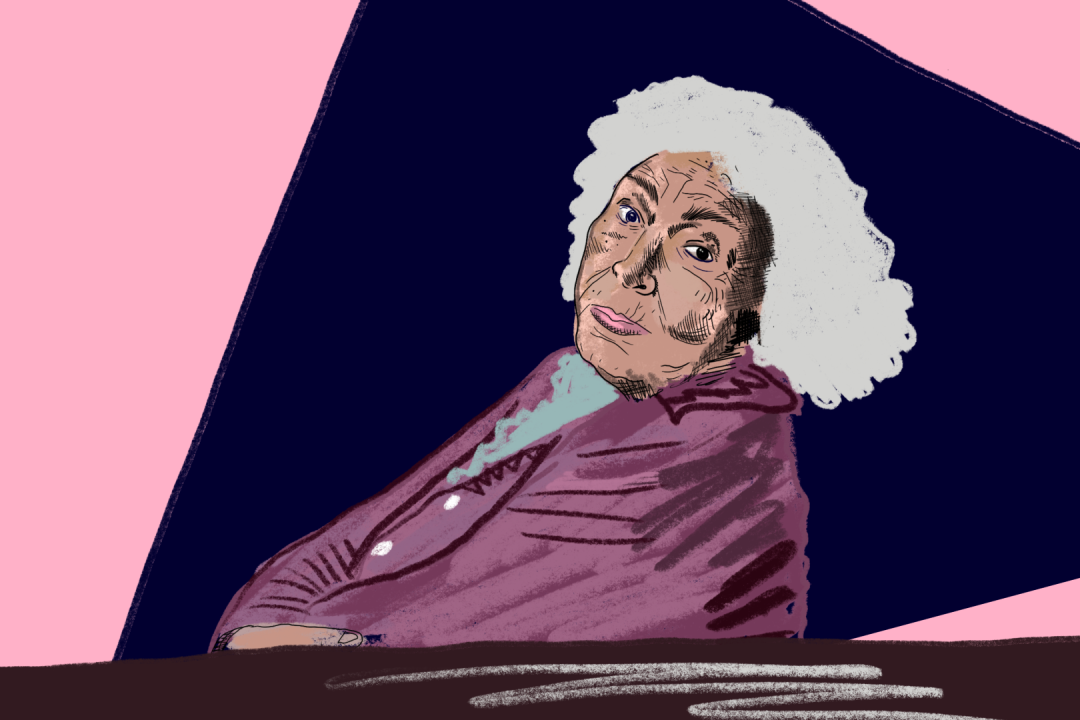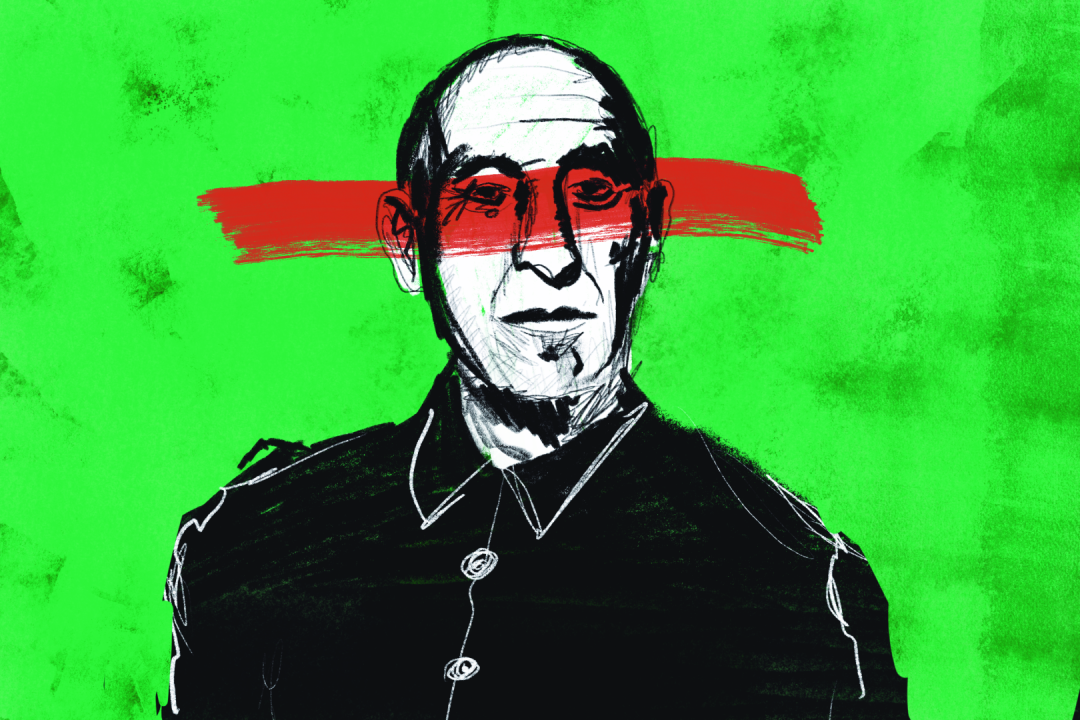
"Erbil: Unveiling the Citadel's Tales, Sumerian Mysteries, and the Vibrant Tapestry of Kurdish Culture"
Introduction:
Welcome to a comforting exploration of Erbil, the beating heart of the Kurdistan Region of Iraq. In this research journey, we invite you to delve into the city’s captivating history, vibrant culture, and warm embrace that beckons visitors and residents alike. Discover why Erbil is not just a destination but a home, where every stone whispers tales of resilience and every corner offers a sense of belonging.
Imagine standing atop the Citadel, where the echoes of millennia resonate, and the stones whisper tales of triumphs, mysteries, and a vibrant cultural tapestry.
FOUR GODS
The term ’Arba’ū Ilū’ refers to the ’Four Gods’ in the Sumerian language. In the context of Erbil’s history, the name likely refers to four deities or divine entities that held significance in the religious beliefs of the Sumerians. To understand why the Sumerians referred to Erbil with the term ’Arba’ū Ilū,’ more detailed historical and archaeological research specific to the region is needed. This could involve examining Sumerian texts, inscriptions, or artifacts discovered in and around Erbil to identify the deities associated with this name and to uncover the cultural or religious significance behind the use of ’Four Gods’ in connection with the city.
In essence, the four gods could have represented divine entities linked to Erbil’s identity, perhaps embodying aspects of protection, prosperity, or other qualities considered vital to the well-being of the city in Sumerian belief. Without more specific historical evidence, it remains a topic that requires further exploration and scholarly investigation.
Erbil citadel:
Nestled in the vibrant city of Erbil, Iraq, the Erbil Citadel stands as a silent sentinel, weaving tales of antiquity that transcend the sands of time. This UNESCO World Heritage site, with a rich history spanning over 8,000 years, unfolds a captivating narrative of resilience, culture, and civilization.
Historical Tapestry:
As one steps through the weathered gates of the citadel, they are transported through epochs. From the Sumerians to the Babylonians, Assyrians to the Abbasids, each layer of civilization has left an indelible mark on the citadel’s stone walls.
I heard the story of living in the castle from my dear grandmother who said the castle was the best place to live also my mother had spent most of her time there and visited the castle every day to play with his friends and relatives.
•Erbil’s culture is a vibrant tapestry woven from the rich history and diverse influences that have shaped the region. Here are key aspects of Erbil’s culture:
1.Historical Heritage:
Erbil boasts a deep historical heritage, with the Citadel standing as a testament to thousands of years of civilization. The city’s culture is intertwined with the legacies of the Sumerians, Assyrians, Babylonians, and other ancient civilizations.
2.Multicultural Identity:
Erbil’s population is culturally diverse, with Kurds, Arabs, Assyrians, and other ethnic groups coexisting. This multicultural environment contributes to a dynamic cultural exchange, reflected in language, traditions, and daily life.
3.Language and Literature:
Kurdish is the predominant language in Erbil, and the city has a rich literary tradition. Kurdish poetry, storytelling, and folk tales have been passed down through generations, preserving the cultural identity of the region.
Erbil’s culture is a reflection of its resilient people, who have preserved their heritage while adapting to the evolving dynamics of the region. The result is a city that harmoniously blends ancient traditions with the vibrancy of contemporary life.
Finally, I want to tell those who want to visit the old places, that Erbil is the best choice because of its many beautiful places and except for the hospitality of the people of Erbil and the whole of Kurdistan.
Embark on a captivating journey through the millennia as we explore Erbil, the heart of Kurdistan. Uncover the history behind the term ’Arba’ū Ilū,’ delve into the resilient narratives etched within the UNESCO World Heritage Erbil Citadel. From the whispers of Sumerian deities to the echoes of Kurdish poetry, each stone in Erbil narrates tales of triumphs and embraces visitors as family. This article invites you to witness the historical tapestry, the living stories shared by generations, and the irresistible charm of a city that harmonizes ancient legacies with the contemporary spirit. Join us in discovering why Erbil is not merely a destination but a cherished home where history, culture, and warm hospitality converge.



